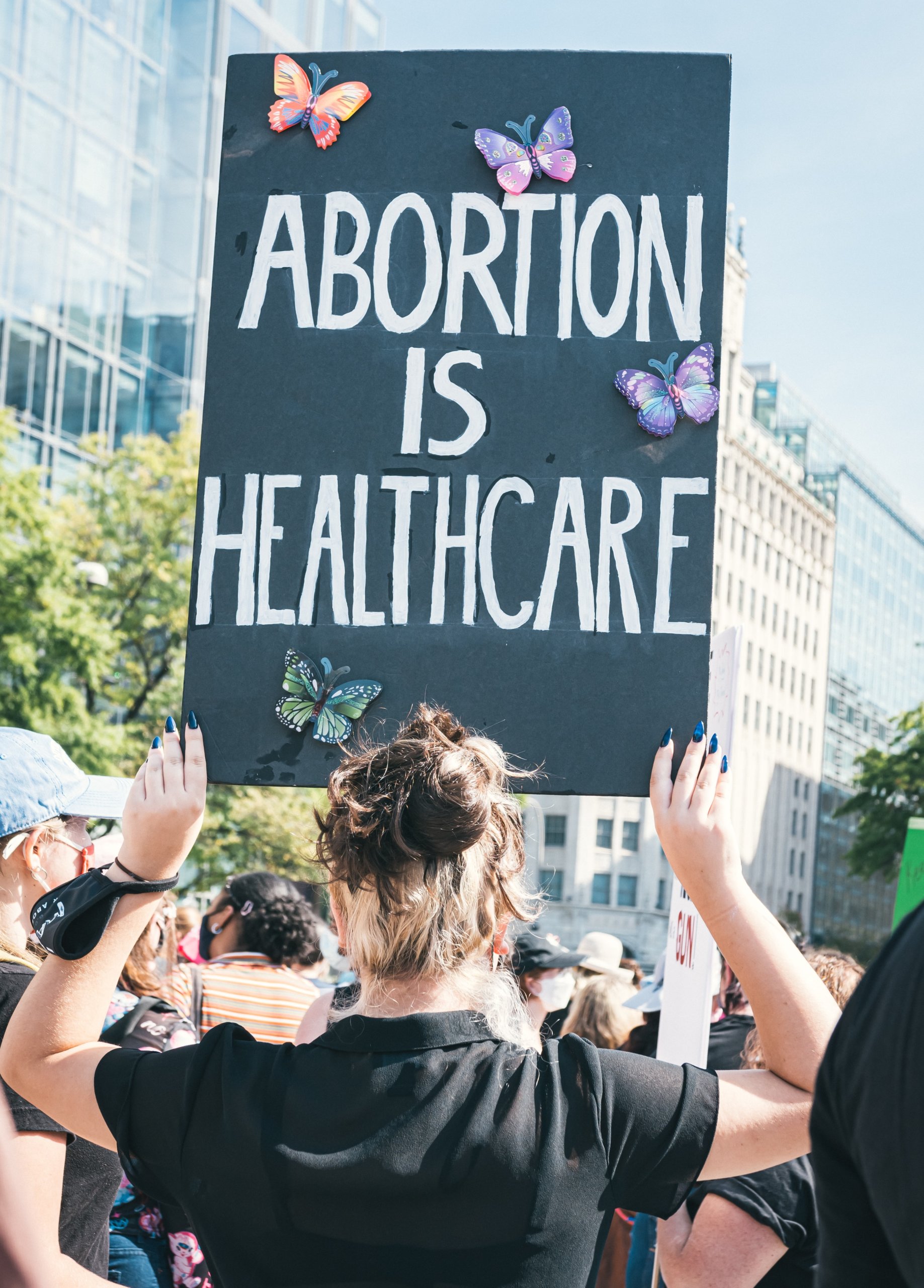On 24 June 2022, the Supreme Court of the United States (SCOTUS) officially overturned the 1973 landmark legal decision of Roe v. Wade[1], banning abortion after 15 weeks of pregnancy and thus ending 50 years of federal abortion rights. The Women Against Violence Europe (WAVE) Network is appalled by this attack on basic human rights. Sexual and Reproductive Health and Rights, including the right to access quality health care services, accurate information and education, as well as the right to freedom and bodily autonomy, with the concerned individual being at the center of every decision, are instrumental to upholding human rights. The Supreme Court’s decision undermines the right of every individual to make informed decisions over one’s own life, body, and future, and erodes people’s sense of empowerment to do so, therefore subverting these universal values.
With the overturning of Roe v. Wade, abortion access remains uncertain in many US-American states; however, over ten states are likely to ban abortion within one month, and more states are likely to follow the ban on or limit access to abortion in the next weeks or months to come. We are extremely concerned about this decision, which will deeply affect women and people who seek an abortion and have even greater adverse effects on marginalized persons and disenfranchised communities, both socially as well as economically, who are already lacking access to safe and affordable health care and would not have the means to travel to a different state to access abortion. Bodily autonomy is a basic human right and the foundation upon which other human rights are built. Therefore, this decision opens a dangerous window for the elimination of other rights which have been recognized on the same constitutional basis, namely the 14th Amendment to the USA Constitution. This raises serious concerns about current developments regarding bodily autonomy, reproductive health, and gender equality; not just in the United States, but around the globe.
It is important to highlight that this decision does not stop abortions. It bans legal and thus safe abortions. According to the Center for Reproductive Rights, 25.1 million unsafe abortions are performed each year worldwide.[2] Unsafe abortions lead to “physical and mental health complications and social and financial burdens for women, communities and health systems”[3]. This decision does not “save lives”; on the contrary, it results in more suffering, injuries, and deaths. In fact, the WAVE Country Report 2021[4] notes that “deaths due to poorly conducted or clandestine abortions” are considered to be an indirect form of femicides.
This pushback on Sexual and Reproductive Health and Rights due to restrictive laws and policies does not begin with the overturning of Roe v. Wade nor does it end there. The Center for Reproductive Rights reports that the “inability to access safe and legal abortion care impacts 700 million women of reproductive age worldwide”[5]. In Europe, six European countries (Andorra, Liechtenstein, Malta, Monaco, Poland and San Marino) still retain highly restrictive abortion laws and do not permit abortion on request or on broad social grounds[6].
The key question is: “Where does this lead to if such prohibitions and restrictions solely result in unsafe, life-threatening, and horrifying repercussions?”
The WAVE Network and allies continue to advocate for the protection of Sexual and Reproductive Health and Rights including safe and legal access to abortion and will counter this attack which undermines human rights worldwide.
[1] Roe v. Wade was a landmark legal decision issued on January 22, 1973, in which the U.S. Supreme Court struck down a Texas statute banning abortion, effectively legalizing the procedure across the United States. The court held that a woman’s right to an abortion was implicit in the right to privacy protected by the 14th Amendment to the Constitution. Prior to Roe v. Wade, abortion had been illegal throughout much of the country since the late 19th century. Since the 1973 ruling, many states imposed restrictions on abortion rights. The Supreme Court overturned Roe v. Wade on June 24, 2022, holding that there was no longer a federal constitutional right to an abortion. https://www.britannica.com/event/Roe-v-Wade
[2] https://reproductiverights.org/our-issues/abortion/
[3] https://www.who.int/news-room/fact-sheets/detail/abortion
[4] https://wave-network.org/wp-content/uploads/WAVE_Country-Report.pdf, p.64
[5] https://reproductiverights.org/maps/worlds-abortion-laws/
[6] https://reproductiverights.org/sites/default/files/documents/European%20abortion%20law%20a%20comparative%20review.pdf, p.4
Photo by Gayatri Malhotra on Unsplash













